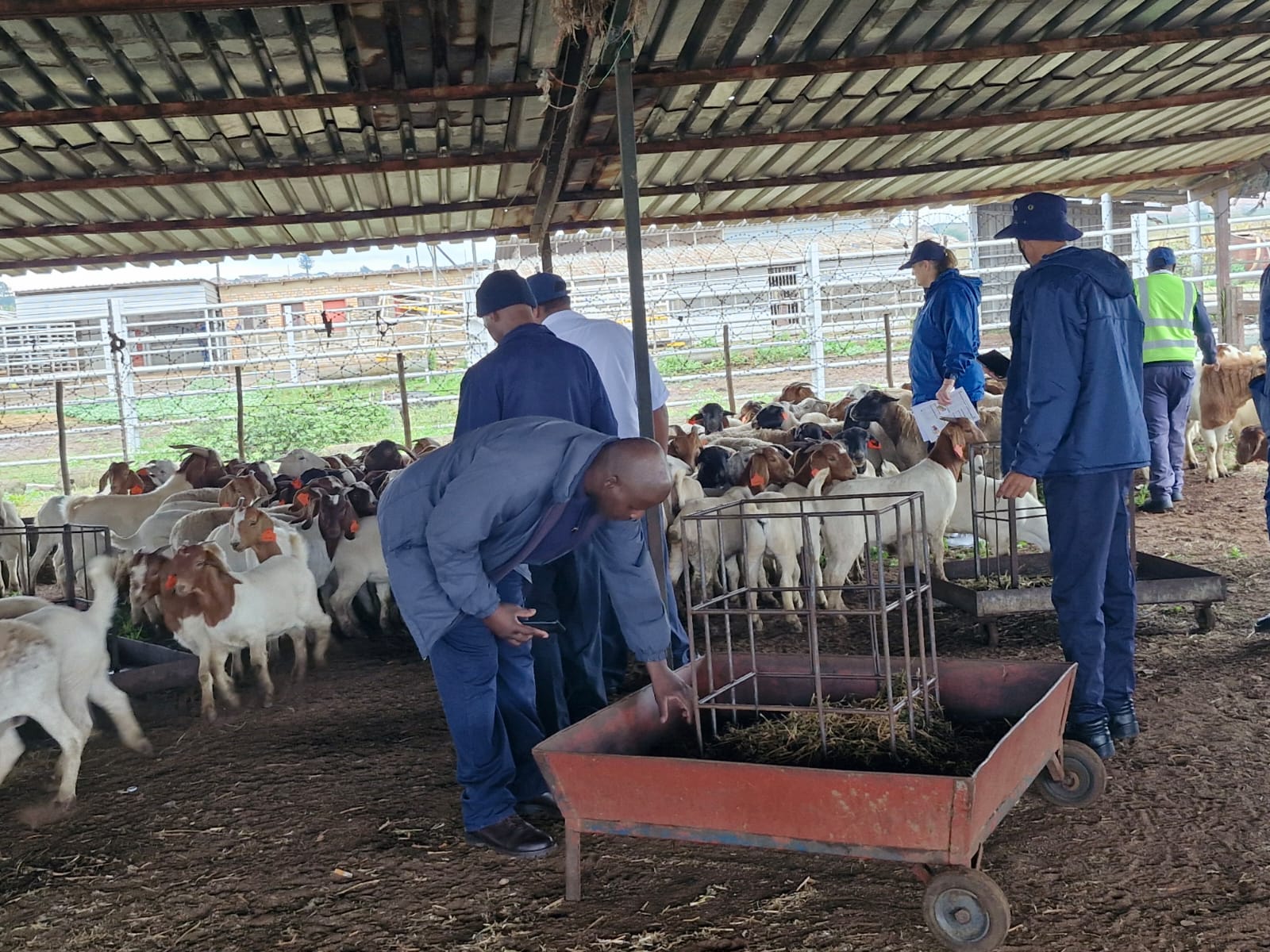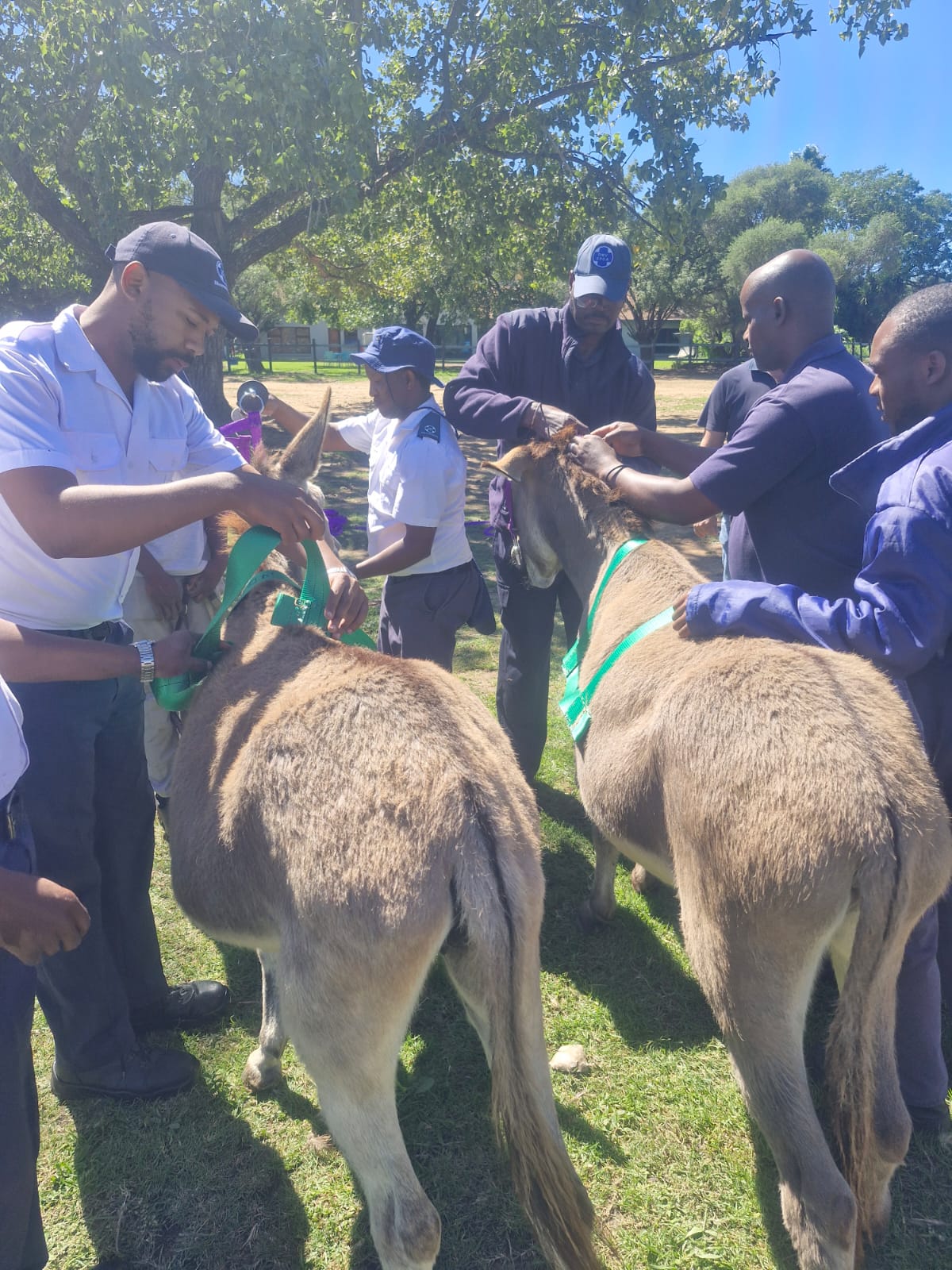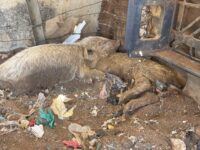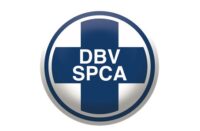Welcome to the NSPCA’s Week in Review!
Empowering People & Protecting Animals: A Two-Week Mission Unpacked
This week, we’re catching up on two weeks’ worth of impactful stories! We follow our dedicated Training Unit as they work alongside Field Officers and empower them to uplift animals, educate communities, and take a stand against cruelty.
We shine a spotlight on the importance of annual rabies vaccinations for our beloved pets, and travel all the way to Egypt to share the harsh realities behind popular animal attractions.
We celebrate our recent victory against Professor Masihlelo, who was convicted of animal cruelty for failing to fulfill the basic food requirements of the captive lions on his property.
Finally, we sit down with our Animal Ethics Unit to explore their vital role in protecting animals used in science.
Buckle up and join us on this powerful journey through the work that drives us.
It’s Not a Job – It’s a Responsibility

Field Officers spend time inspecting an informal saleyard
Field Officers are the unsung heroes of animal welfare, working tirelessly in rural and remote areas to identify cruelty, support communities, and educate people. Their mission is to uplift both animals and humans, empowering individuals with the knowledge and tools to provide better care and prevent suffering at its source.
Beyond knowledge, being a Field Officer requires compassion, confidence, and a strong moral compass. They face difficult situations, from neglect to deliberate cruelty, armed with legal understanding and unwavering determination. Recently, fourteen delegates underwent five days of intensive training to prepare for this vital work, including hands-on experience at saleyards and sanctuaries.
These trained officers are now ready to tackle emergencies, conduct welfare checks, and support community facilities. They are often the first responders to animal cruelty, and they need your support. By donating to our Training Unit, you empower these courageous individuals to protect animals across the country. We can’t do it without you.
Rabies: The Preventable Killer
Rabies is a contagious virus that spreads through bites or scratches from infected animals. Unfortunately, once symptoms appear, it’s almost always fatal. Luckily, rabies is completely preventable.
Protect your pets with annual rabies vaccinations. Not only are you keeping you and your pets safe, you are looking out for your community, too.
If you suspect you may have come into contact with an animal infected with the rabies virus, seek immediate medical care. Please always report any strange animal behaviour to your local SPCA.
All it takes is a simple vaccination!
The Side of Egypt’s Tourist Attractions They Don’t Want You to See
For years, animal welfare organisations have expressed concern over the treatment of animals at popular tourist attractions across the world. Recently, Egypt came under fire for the unnecessary suffering inflicted on camels, horses, and other animals.
A video of the confrontation between a visiting animal-lover and a local seen beating a donkey went viral on social media, while at the same time unknowingly highlighting the severe cruelty and abuse endured by the animals used as tourist attractions in one of Egypt’s most popular city.
We implore tourists to travel with compassion and stay away from any tourist attraction that uses animals. If you come across any animal cruelty, abuse, or neglect on your travels, report it to the local authorities.
Don’t support the cruelty.
Photo of the Week:

Field Officer Joseph, from the Bloemfontein SPCA, works with donkeys from Rest ur Ass Donkey Sanctuary.
Another Victory for Captive Lions
Recently, Professor Thabo Masihlelo was convicted of animal cruelty after the NSPCA’s Wildlife Protection Unit discovered severely emaciated lions on his farm in Tweeling, Free State.
Found guilty under the Animals Protection Act 71 of 1962, he was sentenced to a R5,000 fine or 10 months in prison, half of which is suspended for five years if he does not re-offend.
This case highlights the grim reality of South Africa’s captive lion industry, often masked as conservation.
Lions suffer neglect, overcrowding, malnutrition, and unsanitary conditions.
The NSPCA will continue to challenge such practices, including canned hunting, the lion bone trade, and cub petting, calling for accountability and reform in this unregulated sector.
We cannot do this without you. We need your support to continue fighting against the captive lion industry.
If you’d like to join our fight, please consider donating to the Wildlife Protection Unit: DONATE HERE
Your Voice on Social Media:
- “I hope that these poor animals are now being taken good care of. They don’t deserve such cruelty.” – Facebook/Jennifer Samuel
- “Brilliant!” – Instagram/@tal.thegreenteacher
- “#SouthAfrica Professor convicted of animal cruelty & sentenced to R5,000 fine/10 months’ imprisonment following discovery of starving captive #lions! Great job by @NSPCA_SA on the conviction, but why such a paltry sentence for the abject cruelty inflicted on the poor #lions!.” – X/@SueSpurgin
Guardians in the Lab: Recognition of World Day for Laboratory Animals
In recognition of all the animals used in teaching, research, and education on World Day for Laboratory Animals, we chatted with Inspector Lebo Sentle to talk about how we protect research animals through supervision, advocacy, and compassion. You can listen to the podcast now.
That’s all for now. Remember, you can access the full articles and let us know what you think on our social media pages.
📲 Join our WhatsApp channel for on-the-go newsbytes.
Your support helps us continue making a difference for animals – whether by sharing our updates, raising awareness, or donating to our cause. See you next Sunday for another Week in Review!
If you are as passionate about animals and their well-being as we are, consider supporting our causes by donating.
Latest News Posts
Will You Be the One Who Takes Action?
Most people will scroll past this. But will you be the one who stands up for animals?
Animal welfare isn’t always in the spotlight, but it changes lives – for every neglected, abused, or suffering animal we help. Our teams work tirelessly, often behind the scenes, ensuring animals across South Africa are protected.
This work is relentless. The challenges are immense. But with more hands, hearts, and resources, we can do even more.
The equation is simple: the more supporters we have, the greater our reach, the stronger our impact.
Be part of the change. Become an NSPCA Project Partner today. From just R50 per month, you can help ensure that no animal suffers in silence.





